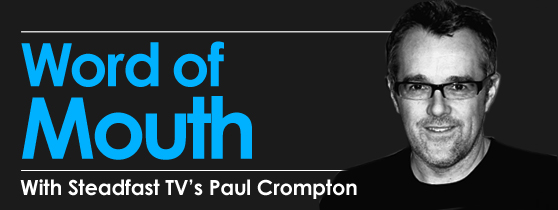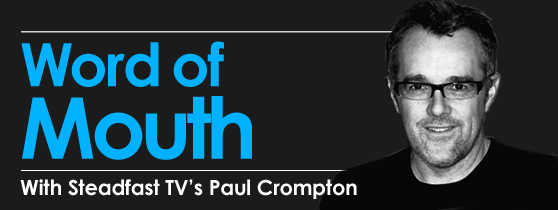
Steadfast TV’s Paul Crompton tackles the changing formation of Sky’s brand and programming.
Other than the tag line, I always sensed there were other comparisons between Millwall and Sky. They’re both based in unfashionable parts of London. Each business has strong links to newspaper giants; Sky has Murdoch (huge globally) and Millwall has Rod Liddle (huge personality) and yet the most obvious, they both suffer class snobbery.
Like Sky, Millwall work hard at brand perception. When they recently offered a load of free tickets to primary schools in south east London, I took my 9 year old son and some of his mates to the New Den. It was hardly a grudge match, Millwall were against lowly Hartlepool who mustered around 80 fans and were hapless at football. However, the Millwall regulars generated enough anger to melt a satellite dish, even after they took the lead. I was in earshot of several blokes bellowing C-word rants every 20 seconds or so, for the entire 90 minutes. And this was in the “family stand”. Don’t get me wrong, it wasn’t unsafe, I’ll credit the Millwall stewards with that, but there was a frisson of 1980s menace in the air.






